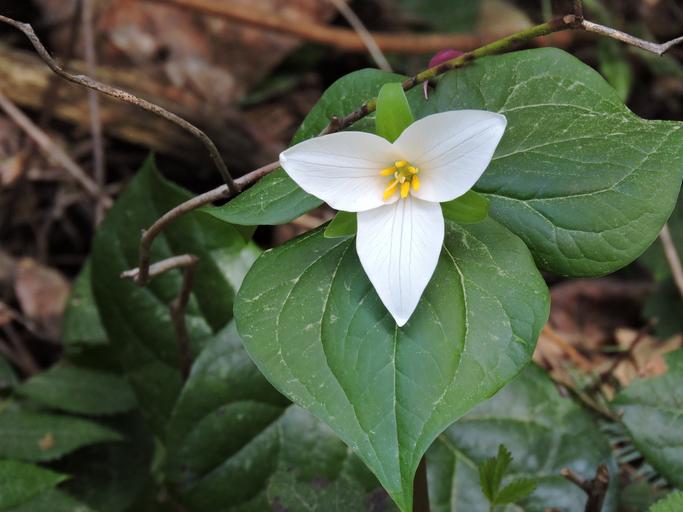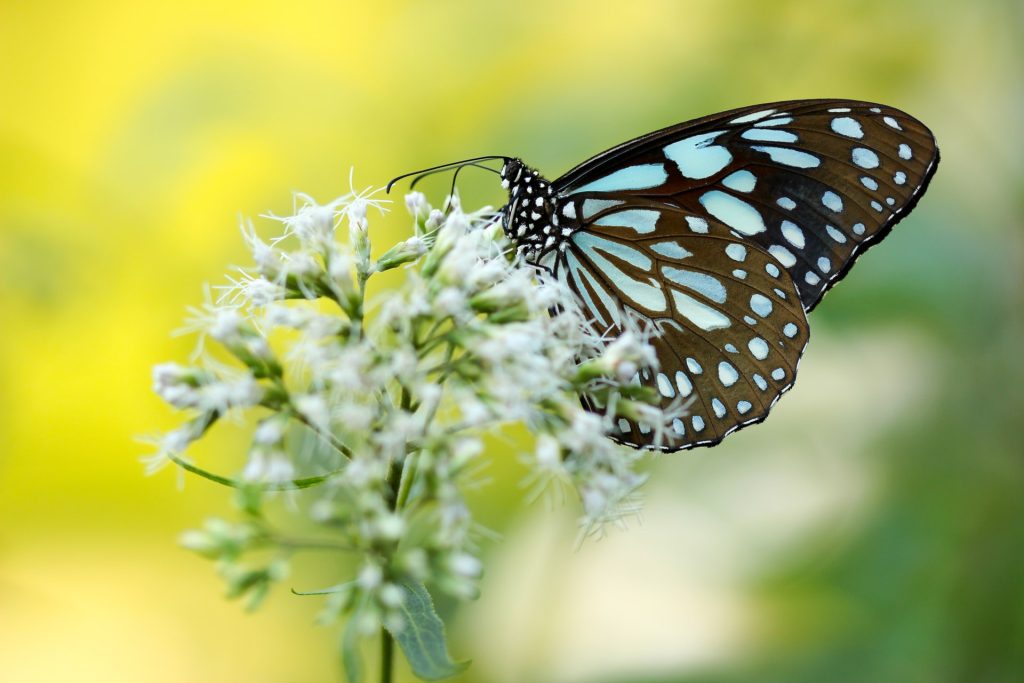
I’m on the map. Are you? And so are two of my neighbors, because I talked them into planting natives. What map, you ask? Doug Tallamy’s Homegrown National Park map! The map is an interactive visual that shows each person’s contribution to planting natives by State, County and Zip Code.
Wait—you all know Doug Tallamy is a University of Delaware entomology and wildlife ecology professor, right? He’s been a one-man army promoting native plants for biodiversity for many years. Some of you may have attended his SRO classes and workshops, or read his latest book, Nature’s Best Hope. Now he’s pulled out all the stops.
Tallamy’s new project is very ambitious and exciting. Homegrown National Park is a nation-wide grassroots call to action for restoring biodiversity and ecosystems by planting natives, “because every human being on this planet needs diverse highly productive ecosystems to survive.” It’s the largest cooperative conservation project ever attempted, enlisting individual homeowners, property owners, land managers, and farmers. Tallamy believes small efforts by many people creating new ecological networks will increase plant and animal populations throughout the country.
Why this ambitious project now? According to Tallamy, “We are at a critical point of losing so many species from local ecosystems that their ability to produce the oxygen, clean water, flood control, pollination, pest control, carbon storage, etc, that is, the ecosystem services that sustain us, will become seriously compromised.”
Just as we are counting on birds, pollinators and other insects, they are counting on us. So go directly from here to Homegrown National Park and use the month of February as planning time to start or increase your native plant garden for 2021! And please don’t forget to spread the word.


Leave a Reply